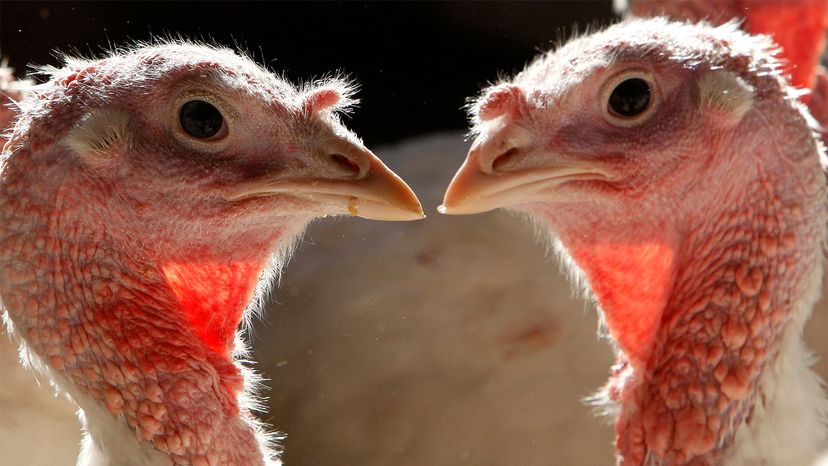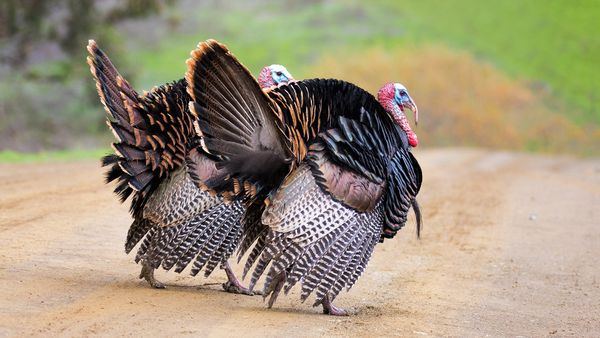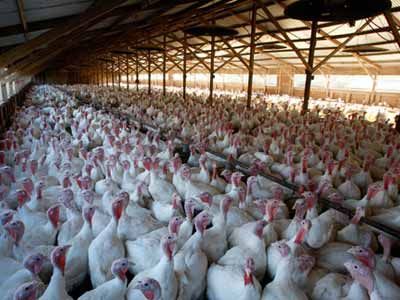
Any way you slice it, turkey is the centerpiece of Thanksgiving dinner. Most people around the table will have a definite preference for their serving of bird: white meat or dark.
Mostly, it's a matter of taste and texture. Dark meat tends to be richer, more flavorful and moister; white meat is less fatty, blander and drier. Lots of people also choose white meat because they think it's healthier – it has less fat and fewer calories than dark. But the difference isn't that big. A 3 1/2 ounce serving of white meat (about the size of a computer mouse) has 161 calories and 4 grams of fat, versus 232 calories and 13 grams of fat for dark meat (and dark meat has more vitamins). Not so bad when you compare it to a slice of pecan pie (around 500 calories and 27 grams of fat).
Advertisement
So why are there two types of meat on one bird? The color depends on the kind of muscle it is and how much myoglobin it has. Myoglobin is a protein that stores oxygen and delivers it to muscle cells when the muscle is active. Muscles for flying and running are referred to as slow-twitch fibers; they're built to be active for long stretches of time and have more myoglobin. The more myoglobin there is, the darker the meat.
Turkeys walk a lot – they can even run up to 25 mph (40 kph) – so their legs and thighs have lots of myoglobin and are dark meat. But domestic turkeys don't really fly; at best, they flap around. Their breast and wing muscles are made of fast-twitch fibers designed for quick bursts of energy, but they tire quickly. These muscles have less myoglobin and are therefore lighter in color: white meat.
Want a taste of the past this Thanksgiving? Try a heritage turkey – a slow-growing, pasture-raised bird that more resembles wild turkeys of yesterday in flavor, especially the dark meat. You'll have to pay today's price though – about four times as much as a conventional frozen turkey.
Advertisement


